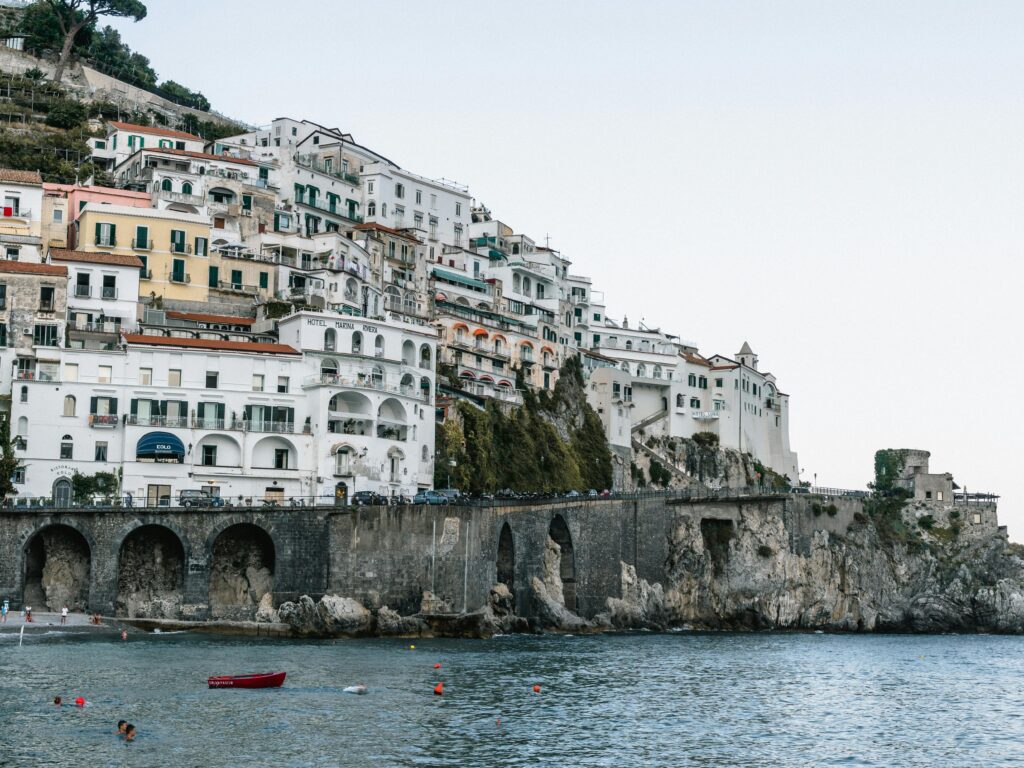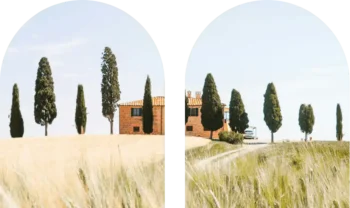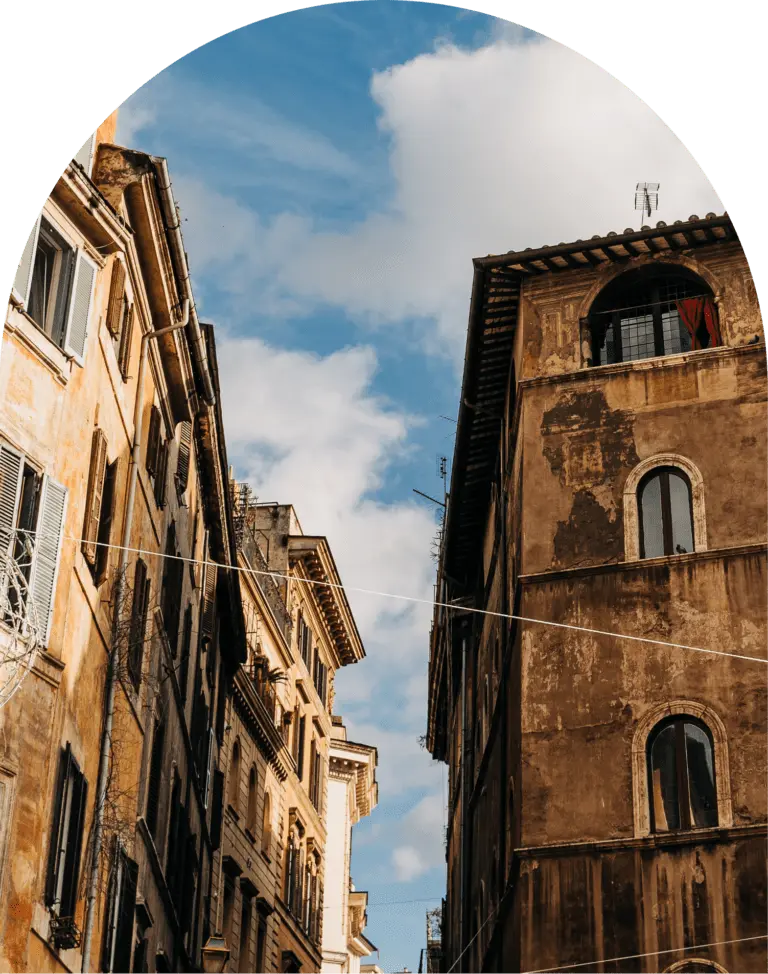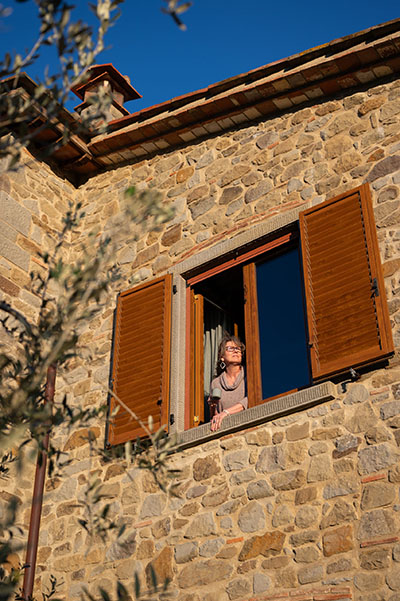Buying or renovating a home in Italy can feel a bit like stepping into a romantic movie—beautiful scenery, charming old buildings, maybe a Vespa or two. But behind the scenes, Italian property rules are… well, let’s just say they’re not as simple as tossing a pizza dough. One of the first questions you’ll face is: Who do I actually need to help me with my project—a geometra, an architect, or an engineer?
Don’t worry. We’re going to break this down in plain English, so you’ll know exactly who to call (and when) without getting lost in translation.
The Geometra: Your Go-To Property Pro
A geometra is the all-rounder of the Italian property world—think of them as the project manager who understands both the technical and bureaucratic sides of real estate.
What they do:
- Handle property surveys and measurements
- Prepare planning permission applications
- Draw up renovation plans (especially for smaller projects)
- Deal with the local municipality for approvals
- Oversee contractors and site work
When you need one:
- Buying property and need to confirm boundaries and compliance
- Renovating, especially if you’re not changing the structure dramatically
- Navigating local building codes and paperwork
Pro tip: If you’re purchasing an older home, a geometra can spot potential red flags before you sign a binding contract.
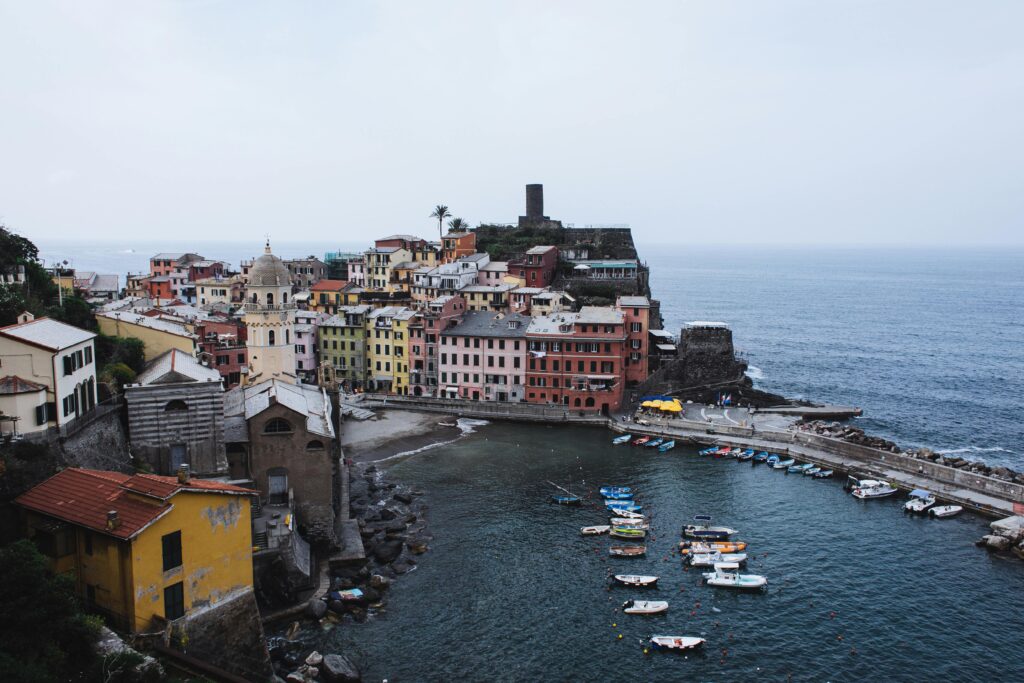
The Architect: The Creative Visionary
If a geometra is your project manager, an architect is your visionary designer. They focus on how your space will look, feel, and function—while also ensuring it meets regulations.
What they do:
- Design creative, functional spaces
- Manage complex renovations or new builds
- Integrate historical elements into modern designs
- submit renovation plans for approval to the artistic heritage authority (Soprintendenza ai Beni Architettonici) for any buildings under its jurisdiction
- Work alongside other professionals (including the geometra)
When you need one:
- You want to make major renovations
- You’re aiming for a unique, aesthetically ambitious design
- You’re restoring a historic property and need to respect heritage rules
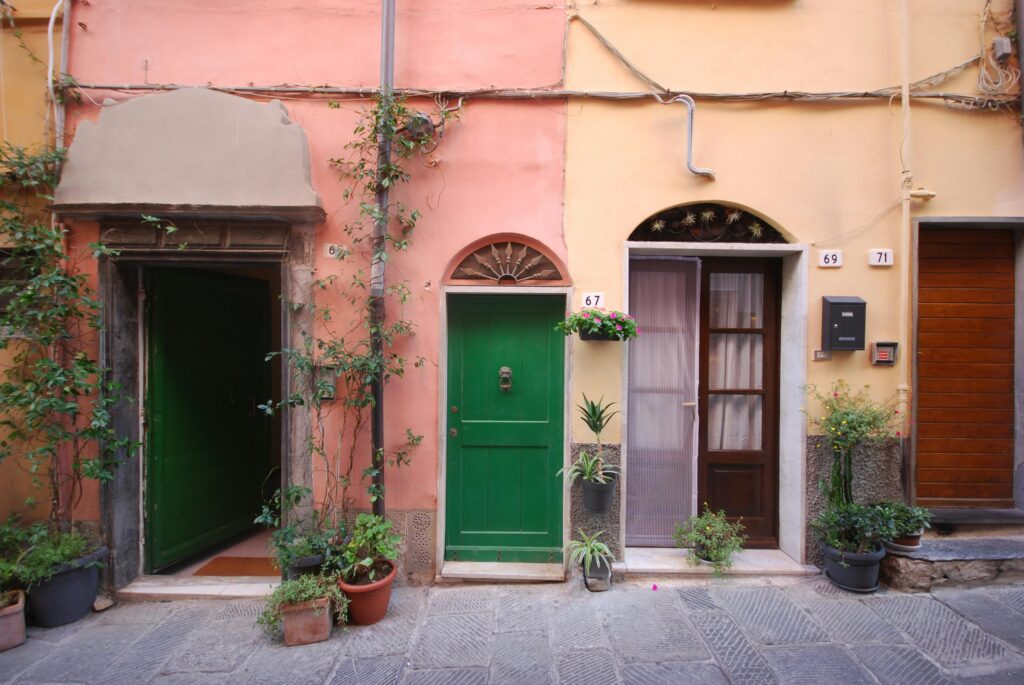
The Engineer: The Technical Expert
An engineer in Italy focuses on the structural, mechanical, and safety aspects of a building. There are civil engineers, structural engineers, and other specialties, depending on your project needs.
What they do:
- Structural calculations and safety checks
- Ensure buildings can withstand seismic activity (important in specific parts of Italy)
- Handle infrastructure design—plumbing, electrical, heating systems
- Certify that technical installations meet regulations
When you need one:
- Surveying and renovating structural elements
- Upgrading or replacing major utility systems
- Renovations in areas with seismic safety requirements
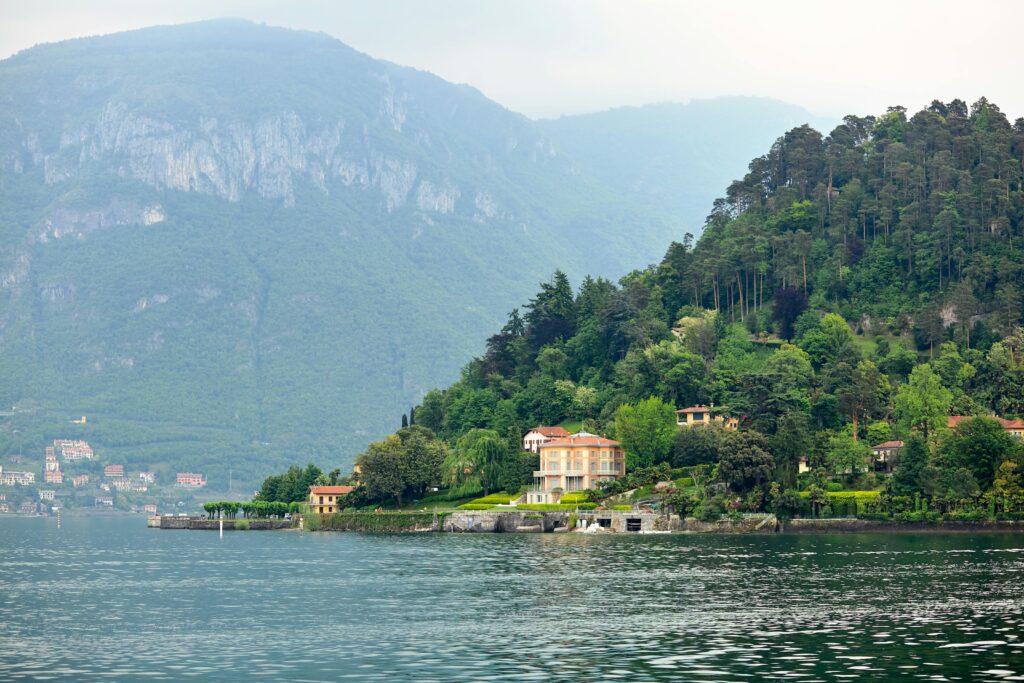
How They Work Together
In many projects, these roles overlap and complement each other. For example:
- Your architect designs the dream layout.
- Your engineer ensures it’s structurally sound.
- Your geometra manages the paperwork and coordinates the contractors.
Sometimes, one professional might wear multiple hats—especially in smaller towns. But for larger or more complex projects, you might end up working with all three.
Choosing the Right Professional for Your Italian Home
The key is to match your project’s needs to the right skill set:
- Buying property? Call a geometra for surveys and compliance checks.
- Dreaming of a dramatic remodel? Bring in an architect for design and a geometra for local approvals.
- Big structural work or expansion? You’ll need an engineer, possibly alongside the others.
For more on why a geometra can be essential for navigating Italian property rules, check out our guide: Do You Need a Geometra to Buy Property in Italy?
Choosing the Right Professional for Your Italian Property Project
| Professional | Main Focus | Typical Tasks | When to Hire |
|---|---|---|---|
| Geometra | Project management, local regulations, surveys | Property surveys & measurements Planning applications Contractor coordination | Buying property Minor to medium renovations Municipality paperwork |
| Architect | Design, layout, and aesthetics | Custom designs Historic property integration Regulatory compliance for designs | Major structural changes Unique or ambitious designs Restoration of heritage buildings |
| Engineer | Structural safety, technical systems | Structural calculations Seismic compliance Utility system design | New builds Major structural work Plumbing/electrical upgrades |
Final Word
Italy’s charm comes with layers of history—and bureaucracy. Understanding the roles of a geometra, architect, and engineer can save you time, money, and a few headaches along the way. With the right team in place, you can focus on the fun part: turning your Italian property into the home of your dreams.

